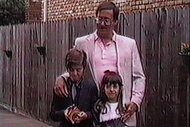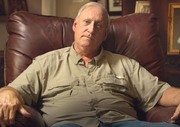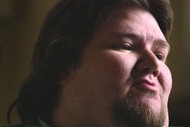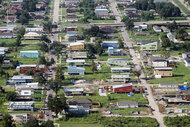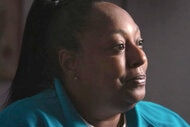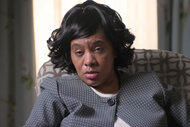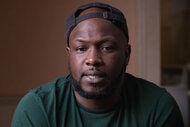Create a free profile to get unlimited access to exclusive videos, breaking news, sweepstakes, and more!
'Her Death May Have Saved Other Lives': How Sheri Lynn Schernecker's Death Affected 'The Pharmacist'
Netflix's new true crime docu-series "The Pharmacist" shows how Dan Schneider got inspired to take down a dangerous doctor taking advantage of the opioid crisis.
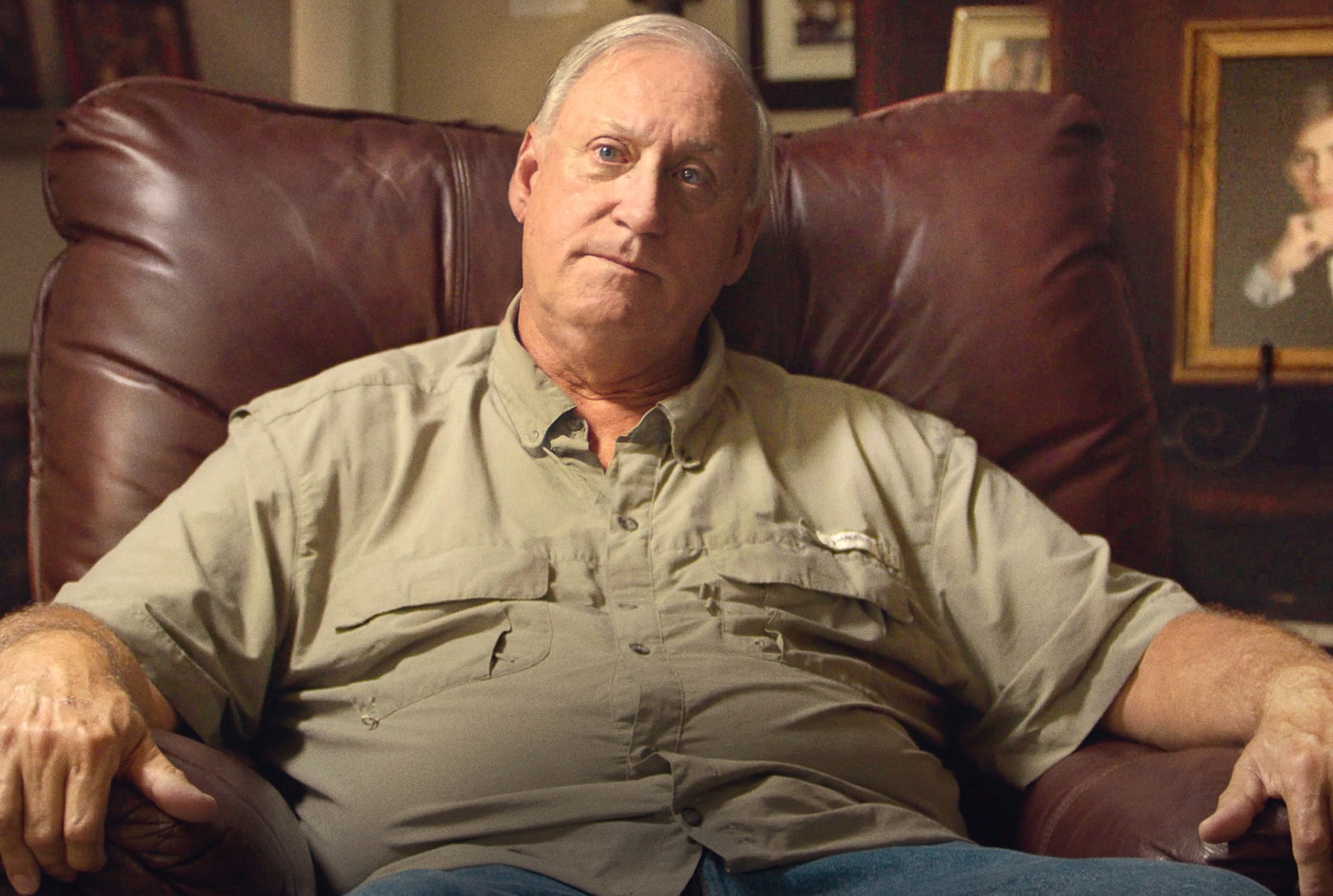
In Netflix’s “The Pharmacist,” southern pharmacist Dan Schneider set his sights on taking down a local pill mill doctor after he successfully investigated his own son’s murder, but that shift wasn’t an easy one. After helping police catch his son’s killer, his family wanted a calmer life... yet when a local woman named Sheri Lynn Schernecker overdosed and died, Schneider felt like he had no choice but to get involved.
Schneider was already growing suspicious of the excessive opioid prescriptions written by Dr. Jacqueline Cleggett while he was working at Bradley’s Pharmacy in Poydras, a small town in St. Bernard Parish, Louisiana, when he met Schernecker in the year 2000.
He recalled in "The Pharmacist" that Schernecker, a 27-year-old waitress, came in asking for the other half of an OxyContin prescription that his boss had already partially filled.
Schneider remembered her as a “really clean-clean looking girl” that didn’t look like she needed the powerful pills. Her prescription had been written by Dr. Cleggett, who was running a nearby pill mill — a term for clinics and doctors who dole out controlled prescription drugs in an inappropriate or excessive manner, often for cash.
“I kind of got on her case,” he recalled in the series, saying he tried to talk her out of getting the prescription. However, because his boss had already half-filled her prescription, he wasn’t allowed to deny her the OxyContin. He instead gave her the rest of her prescribed pills.
At this point, Schneider wasn’t particularly interested in conducting another investigation, he told Oxygen.com in an interview. He had just spent a year and a half investigating his son’s drug-related murder, which resulted in the conviction of his killer. The effort left his family tired and his wife didn't want him to investigate Cleggett. Instead, he began considering something less taxing but very vital: educating kids about substance use in schools.
However, on Jan. 7, 2001, about a month after meeting Schernecker, Schneider was driving with his wife, his daughter, and a family friend in the car. His wife and daughter were asleep when he began discussing Cleggett with his friend.
“I was telling the family friend about this doctor [Cleggett] and she told me I had to do this,” he reflected to Oxygen.com. “I told her, I would need a direct sign from God for me to commit to this and immediately across the windshield, I saw a cloud transform into a cross. I asked for this and it appeared.”
He said he even woke his wife and daughter up to ask them what they saw in front of them. They replied, unprompted, “It looks like a cross.”
Schneider learned later, that during that drive, Schernecker had died from a prescription drug overdose. Schneider and her family members claimed she started dissolving and injecting the pills into her veins.
“She really upset me,” he told Oxygen.com. “I thought the pills I gave her had killed her. I later found out that she was a bigger user than I thought and those pills wouldn’t have lasted her until her overdose. So, likely those weren't my pills but her death really made me more dedicated.”
Schernecker had her share of struggles for much of her life, her stepbrother Mutzie Daniel Forestier told Oxygen.com.
However, Schneider said he learned through Schernecker's mother that she had just spent the holidays with her family.
“They had a good Christmas together,” Schneider said.
She died in her family’s home, not long after. Schnedier told Oxygen.com that she was then buried “almost right next to my son.”
He called her death and the cross image in the clouds "miraculous" and “a sign.” He knew he had to go after Cleggett and shut her clinic down.
“Her death may have motivated me,” he said. “Her death may have saved other lives.”
Four days after Schernecker died, Schneider began recording footage outside of Cleggett’s office. His surveillance of her ultimately helped investigators prosecute her. She pleaded guilty to one count of illegally dispensing controlled substances as part of a 2009 plea agreement, NOLA.com reported. She was one of the first pill mill doctors prosecuted in America.
“I couldn’t save my son, OK? I could find his killer but I couldn’t save my son,” Schneider said in the docu-series. “But I can save some other kids and save the parents of those kids from the hell that me and my wife had to go through.”
